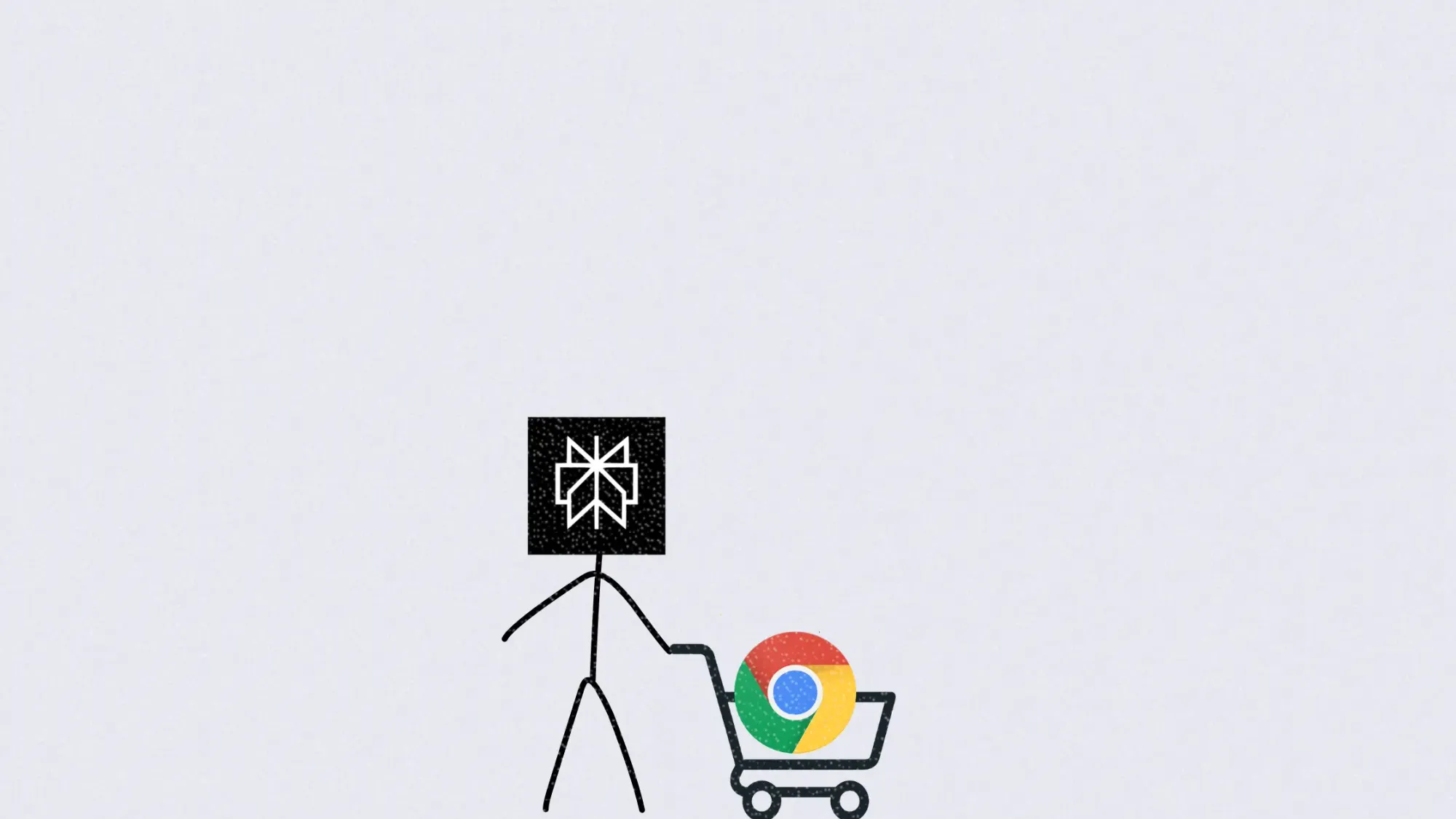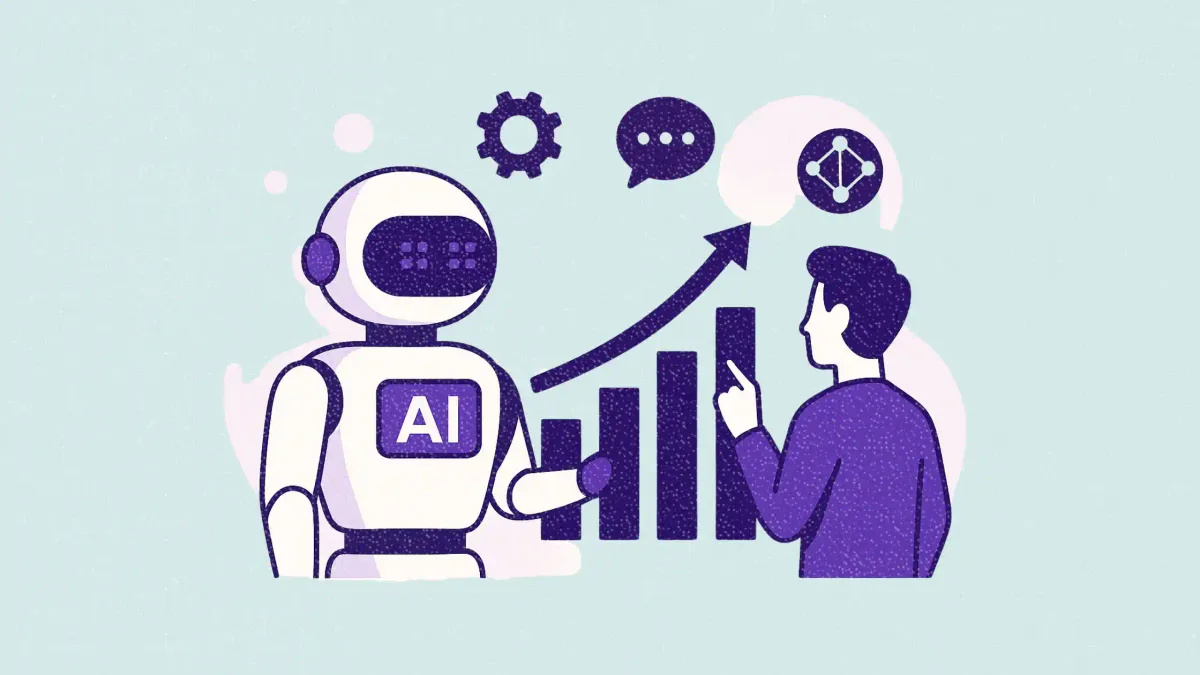AI startup Perplexity just made a US$34.5B bid for Chrome
The AI startup is offering nearly double its own valuation to acquire Google’s browser. Here’s what marketers need to know

In a move that has stunned both tech and marketing circles, Perplexity AI has submitted a US$34.5 billion offer to acquire Google’s Chrome browser. That’s nearly double its own valuation of US$18 billion. If successful, the acquisition would give the startup control of the world’s most widely used browser, with nearly 4 billion global users.
While the offer has sparked obvious skepticism, it arrives at a volatile moment for Google. Ongoing antitrust litigation may soon force the company to spin off Chrome, creating a rare window for rivals like Perplexity to make a bold move.
This article explores what’s happening, what it signals for marketers, and how to prepare for a future where Chrome might no longer be in Google's hands.
Short on time?
Here is a table of content for quick access:
- Perplexity wants to buy Chrome
- What’s really at stake: the browser as a search battleground
- What marketers should know

Perplexity wants to buy Chrome
Perplexity confirmed to The Wall Street Journal that it has lined up full financial backing from institutional investors and VC firms to support its US$34.5 billion bid. The figure falls within the estimated US$20-50 billion enterprise value of Chrome, though it still appears ambitious given Perplexity’s relatively young position in the market.
The AI firm says its intention is not to disrupt Chrome's foundations, but to preserve and extend them. In a letter to Google CEO Sundar Pichai, Perplexity stated that if acquired, it would continue supporting the open-source Chromium project and retain Google as the browser's default search engine, at least initially.
What’s notable is the timing. Judge Amit Mehta is expected to rule soon on the Department of Justice’s antitrust case against Google, which could result in the forced divestiture of Chrome. That potential separation may have created the opening for Perplexity’s offer.
What's really at stake: the browser as a search battleground
With over 89% global market share, Chrome isn’t just a browser. It’s Google’s most important pipeline to consumer search behavior. Losing it would significantly weaken Google’s search monopoly, already ruled illegal in a previous judgment.
That context is why Perplexity’s promise to maintain Google as the default search engine is critical. It keeps regulators at bay while giving the startup a seat at the search distribution table. At the same time, it opens the door to gradually promote its own AI-powered search interface directly within Chrome.
Meanwhile, Google is arguing that any forced divestiture would harm innovation, create security risks, and disincentivize long-term browser development. But critics argue that keeping Chrome and Search bundled gives Google an unfair edge, especially as AI-driven competitors emerge.
What marketers should know
If Chrome’s ownership shifts, it won’t just affect Silicon Valley. Marketers need to brace for changes in how search is delivered, how browser defaults are set, and how user behavior is shaped online. Here are three key takeaways:
1. Chrome’s future could disrupt the search stack
Chrome is the gatekeeper for web search. If Perplexity begins injecting its AI results or changes the UX, brands may need to rethink both SEO and SEM strategies. Marketers could be optimizing not just for Google, but for AI-native search layers embedded in browsers.
2. New browser defaults could change how audiences discover content
Perplexity has stated it would keep Google as the default search engine, but that could change over time. If traffic patterns shift due to altered browser defaults, marketers will need to monitor and adjust how they generate inbound traffic.
3. AI-led search could roll out faster without Google’s control
If Chrome is unbundled from Google, the pace of innovation in AI search may accelerate. Context-aware, real-time search results could push organic listings further down the page or eliminate them entirely. Marketers should begin planning for AI-integrated search visibility now.
Perplexity’s bid might sound audacious, but it reflects a broader trend. AI-native platforms are pushing hard to control how people discover information. Chrome has long been a critical part of Google’s dominance, and its future could reshape how brands reach audiences online.
Regardless of whether this deal closes, marketers should prepare for a fragmented future in search, with new players, new interfaces, and more direct AI involvement in how users navigate the web.




